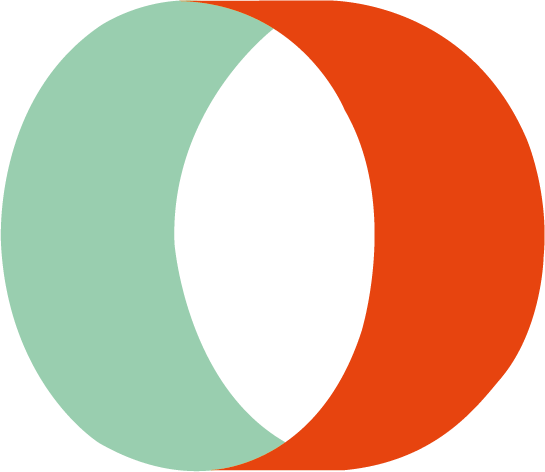Publications & press
new White paper
11.11.2025
New white paper — The most common birth injury no one talks about
Perineal tears remain one of the most common complications of vaginal birth — affecting the vast majority of women who give birth — yet they continue to receive limited attention in both healthcare and public conversation.
This white paper brings together existing research, clinical data, and insights from our collaborations with Danish midwives to shed light on the scale and impact of perineal tears. It explores how these injuries affect women’s physical and mental health, their relationships, and their quality of life, as well as the wider implications for maternity care and society.
At Oasicare, we believe awareness is the first step toward change. We have written this white paper to help bridge the knowledge gap around perineal tears and to support a conversation on how childbirth can better protect women’s health, dignity, and well-being.
Read or download the full white paper in the link.
oasicare joins global partnership with Maternity foundation
06.11.2025
Oasicare joins global partnership with Maternity Foundation to strengthen care for women after childbirth
Copenhagen, 6 November 2025 — oasicare is proud to announce its participation in a new Danish-led cross-sector partnership focused on improving care for women affected by childbirth injuries worldwide.
Together with Maternity Foundation, GynZone: We Share Women’s Care, and Angella Invest, the partnership brings together expertise from women’s health innovation, clinical training, and global implementation.
The initiative — supported by ~1 million DKK raised through members of Angella Invest, GynZone and oasicare — will fund the development of a digital training module focused on management of birth injuries to be integrated into Maternity Foundation’s Safe Delivery App. The app already supports over 500,000 midwives and healthcare professionals globally.
Oasicare contributes funding, innovation, and strategic engagement in women’s health to help ensure that every woman receives high-quality care after childbirth — regardless of where she gives birth.
The project begins in November 2025, with a global launch planned for 2026.



